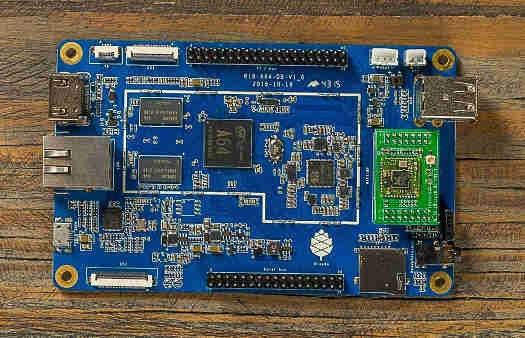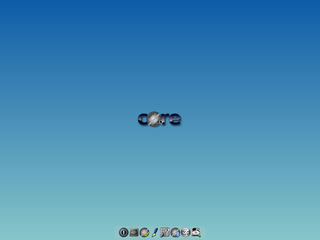FOSS Week in Review
Also, eight new distro releases, CoreOS raises another $28 million, Mint drops codecs and the women of open source.
The most reported FOSS story this week was the beginning of the court fight instigated by Oracle against Google over Android’s Java implementation. Most interesting as the proceedings get going are the once familiar names that are now back in the news.
So far, we’ve heard from Jonathan Schwartz, pretty much a good guy who you might remember replaced Scott McNealy as CEO at Sun Microsystems in April 2006 and was on hand to pass the keys of the kingdom on to Oracle in 2010 after the company was brought down by the so-called Great Recession.
Christine Hall has been a journalist since 1971. In 2001, she began writing a weekly consumer computer column and started covering Linux and FOSS in 2002 after making the switch to GNU/Linux. Follow her on Twitter: @BrideOfLinux

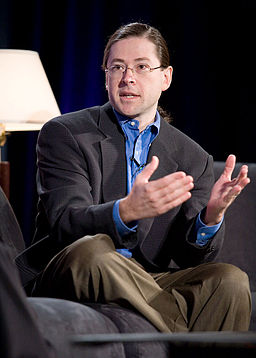


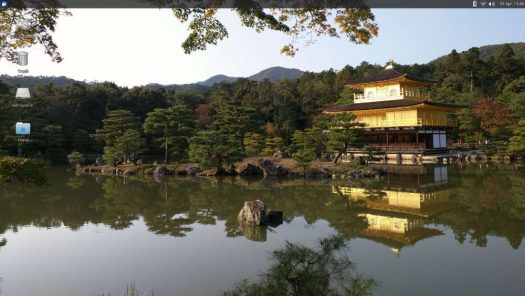
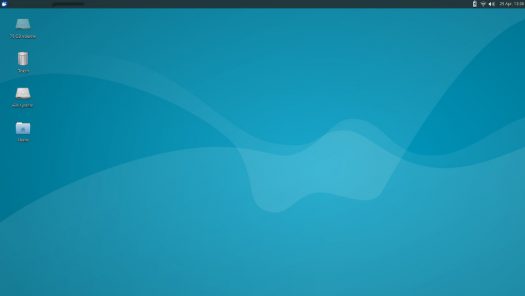
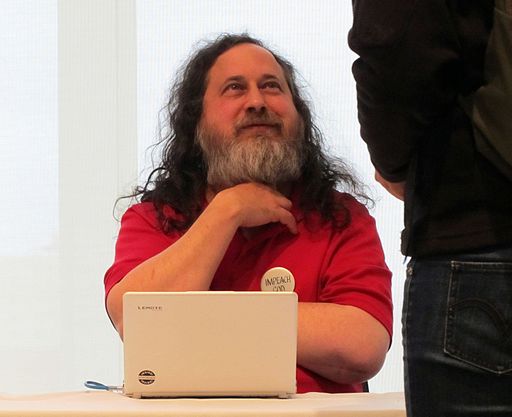

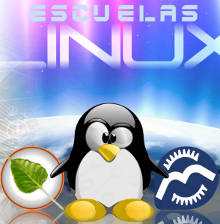
 There are more than a few things that are unusual about Escuelas Linux. For one, although ultimately derived from Ubuntu, it’s not a first generation descendant on the Ubuntu tree, but traces it’s *buntu roots by way of Bodhi Linux. The distro also uses the Moksha desktop, which Bodhi developed after becoming unhappy with the direction that Enlightenment was taking.
There are more than a few things that are unusual about Escuelas Linux. For one, although ultimately derived from Ubuntu, it’s not a first generation descendant on the Ubuntu tree, but traces it’s *buntu roots by way of Bodhi Linux. The distro also uses the Moksha desktop, which Bodhi developed after becoming unhappy with the direction that Enlightenment was taking.
